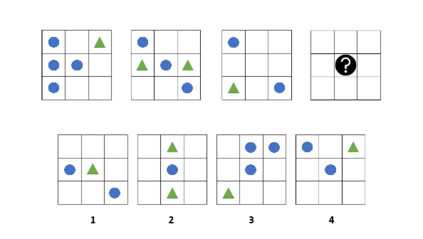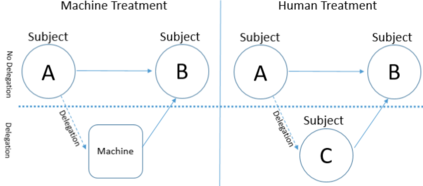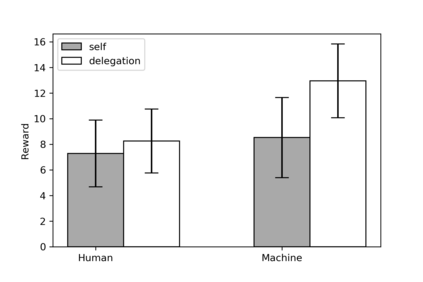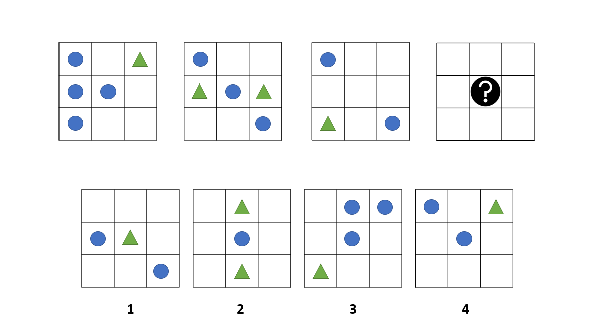The transfer of tasks with sometimes far-reaching moral implications to autonomous systems raises a number of ethical questions. In addition to fundamental questions about the moral agency of these systems, behavioral issues arise. This article focuses on the responsibility of agents who decide on our behalf. We investigate the empirically accessible question of whether the production of moral outcomes by an agent is systematically judged differently when the agent is artificial and not human. The results of a laboratory experiment suggest that decision-makers can actually rid themselves of guilt more easily by delegating to machines than by delegating to other people. Our results imply that the availability of artificial agents could provide stronger incentives for decision makers to delegate morally sensitive decisions.
翻译:将有时具有深远的道德影响的任务转移到自治系统会产生一些道德问题。除了关于这些系统的道德机构的根本问题之外,还产生了行为问题。本条侧重于代表我们作出决定的代理人的责任。我们调查了从经验上可以理解的问题,即如果代理人是人为的,而不是人,那么代理人产生道德成果时是否系统地作出不同的判断。实验室试验的结果表明,决策者实际上可以更容易地通过授权给机器而不是委托给其他人来消除有罪感。我们的结果表明,提供人工代理人可以更有力地激励决策者代表道德敏感的决定。







